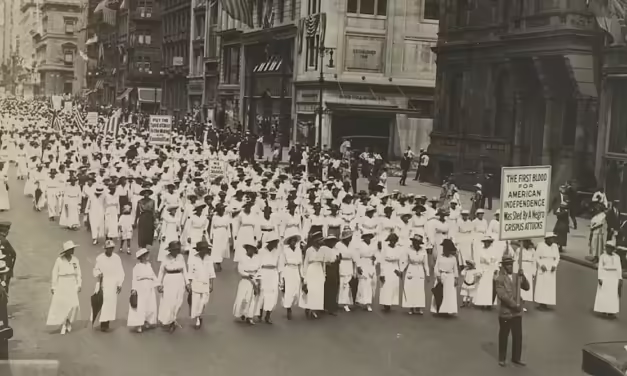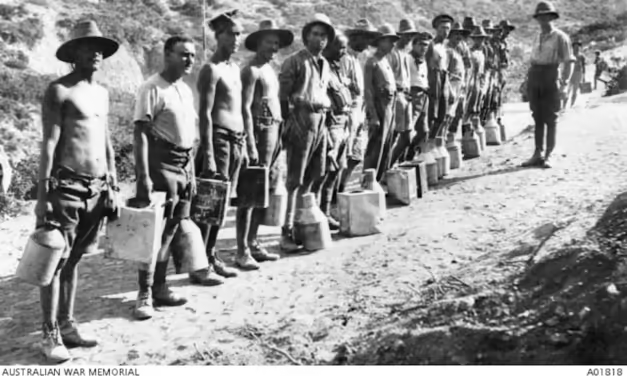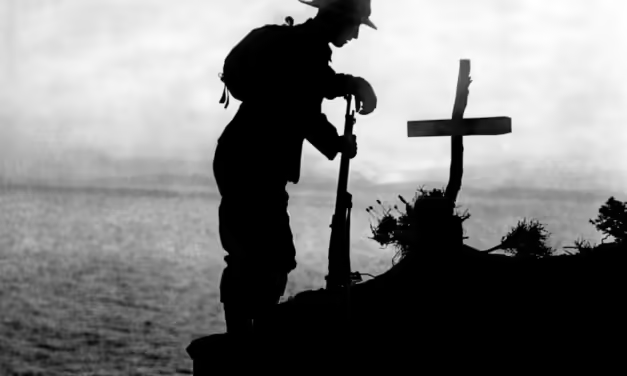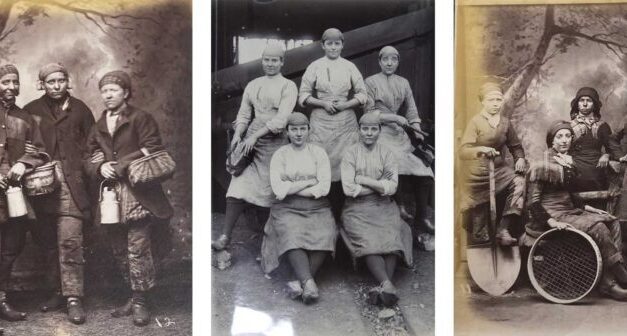Why we are still living with the legacy of Waterloo – that ‘most bloody battle’
Reading time: 6 minutes
Our views of war are sanitised today. In an age of professional armies trained for increasingly technical tasks, few of us have witnessed combat, much less taken part in it. In that vein, commemorations of the 200th anniversary of Waterloo will focus on the battle’s strategic significance. There are, though, individual accounts that give us a glimpse into what sword fights and cavalry charges must have been like – and the deadly consequences of defeat.













